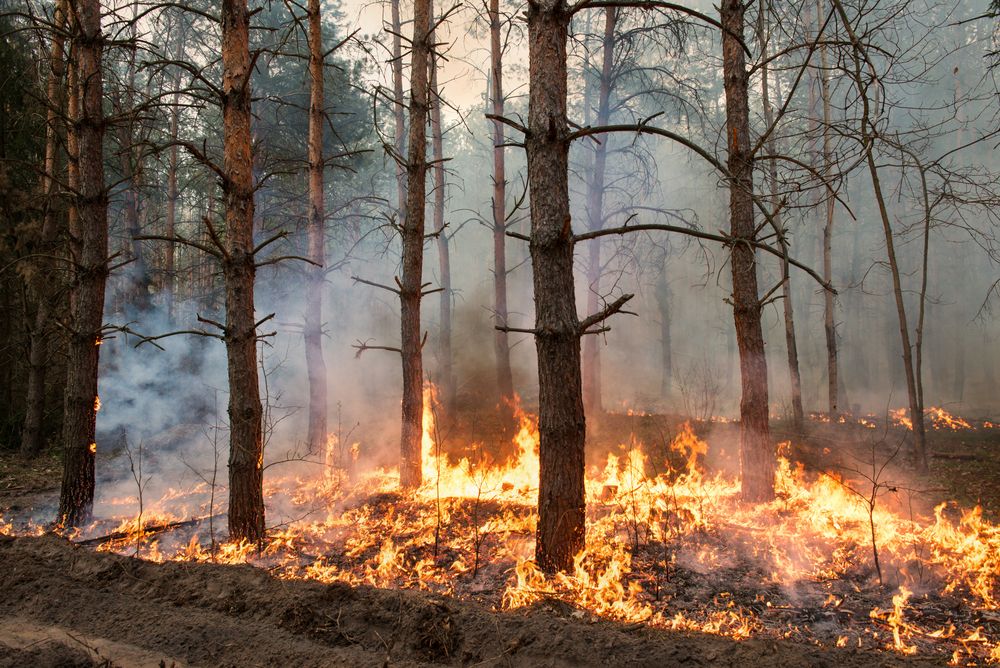The rising tide of climate change poses a significant challenge for businesses, prompting them to seek sustainable solutions. As companies rush to meet decarbonization goals, carbon offset schemes, such as carbon credits tied to forestry projects, have emerged as an intriguing, albeit controversial option. While these credits allow organizations to claim a reduction in carbon footprint, the integrity and effectiveness of such programs warrant a deeper examination.
The Promise and Perils of Carbon Offsetting
Carbon credits have been perceived as a silver bullet for companies aiming to ‘green’ their operations without implementing substantial changes. Yet, the market is rife with potential pitfalls, primarily when projects are poorly designed, resulting in inflated credit claims. For instance, existing forests that are preserved but marketed as newly protected areas can misrepresent their contribution to carbon sequestration.
Demand for Accountability
- Many businesses face scrutiny over their carbon neutrality claims.
- Dubious practices in carbon offsetting have led to criticism and skepticism.
- Startups emerging in this sector aim to introduce transparency and accountability.
Companies like Pachama and Sylvera are leveraging technology to ensure the credibility of carbon offset projects. By applying robust verification methods, they are helping businesses align their offsetting efforts with tangible climate benefits, rather than mere greenwashing.
Innovative Approaches in Forestry Conservation
Amid the carbon credit frenzy, innovative startups are focusing on expanding access to carbon markets for smaller landowners while promoting sustainable forestry management practices. One noteworthy example is NCX (formerly SilviaTerra), which empowers landowners to monetize their conservation efforts through carbon credits. This financial incentive could protect woodlands from being converted into less sustainable ventures.
Changing the Game: Pina Earth
New entrants such as Pina Earth are redefining carbon credit markets by linking forest biodiversity with increased carbon sequestration potential. Founded in 2021 by a team of environmental experts, Pina Earth focuses on rewarding landowners for sustainable practices that enhance the ecological health of their forests. Their unique model encourages landowners to undertake changes that may seem costly in the short term but promise financial returns in the future.
- Reintroducing local biodiversity through careful species selection.
- Using technology for reliable monitoring and data gathering.
- Creating accessible platforms for landowners to engage with the carbon market.
Pina Earth’s approach involves a matchmaker role between forest owners and carbon credit buyers, promoting a collaborative ecosystem where sustainable forestry thrives alongside economic viability.
Challenges in Carbon Credit Implementation
Despite the growing interest in sustainable forestry and carbon credits, substantial issues still exist. Tree-planting initiatives can often be misguided, risking biodiversity loss through monoculture practices. Climate stressors like droughts and pest outbreaks exacerbate these challenges, underscoring the necessity for rigorous planning and monitoring in any forestry project.
Targeting Long-term Solutions
- A robust framework for monitoring the effects of climate change on forests.
- Ensuring transparency and accountability in carbon credit sales.
- Fostering a collective approach to conservation that includes industries, scientists, and local communities.
Only through systemic change and cooperation can we hope to tackle the intertwined issues of carbon emissions, sustainability, and ecosystem resilience. Companies and startups must align for a future where environmental responsibility takes precedence over short-term profits.
Conclusion: The Future of Carbon Credits in Forestry
As the urgency of climate action grows, the role of carbon credits in promoting forest conservation and carbon sequestration is more relevant than ever. Innovative startups like Pina Earth are paving the way with novel strategies that consider ecological integrity alongside economic benefits. Yet, a cautious approach is essential, emphasizing transparency, rigorous monitoring, and sustainable practices. By creating a synergistic relationship between forest owners and carbon credit buyers, we can open pathways for genuine climate action.
At fxis.ai, we believe that such advancements are crucial for the future of AI, as they enable more comprehensive and effective solutions. Our team is continually exploring new methodologies to push the envelope in artificial intelligence, ensuring that our clients benefit from the latest technological innovations. For more insights, updates, or to collaborate on AI development projects, stay connected with fxis.ai.

